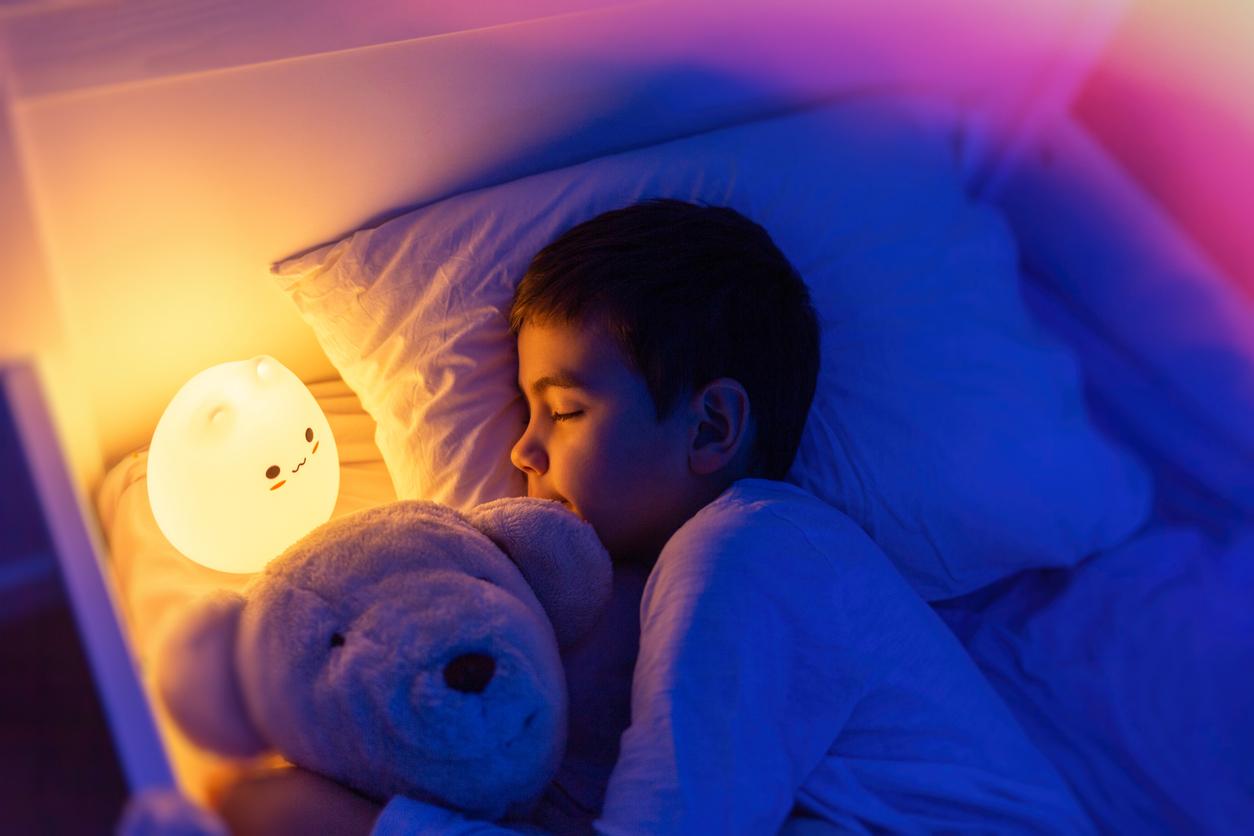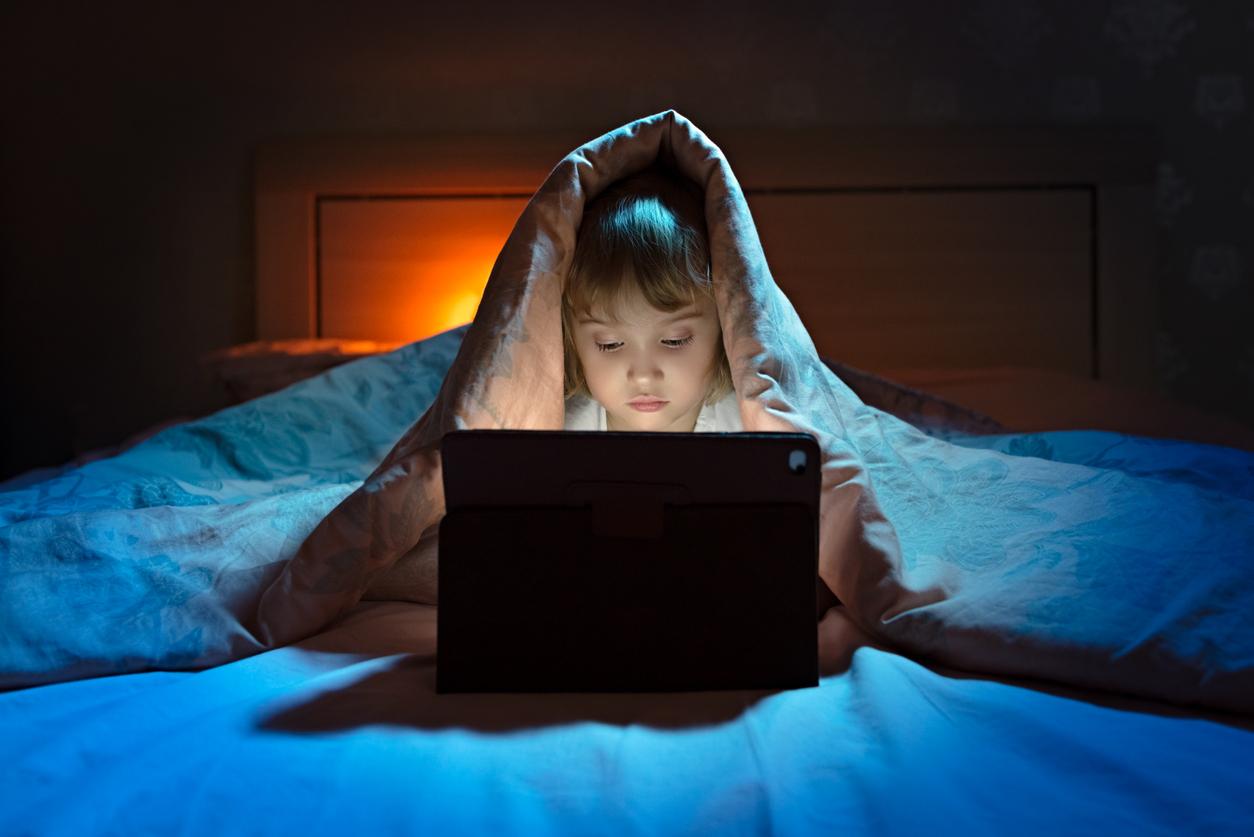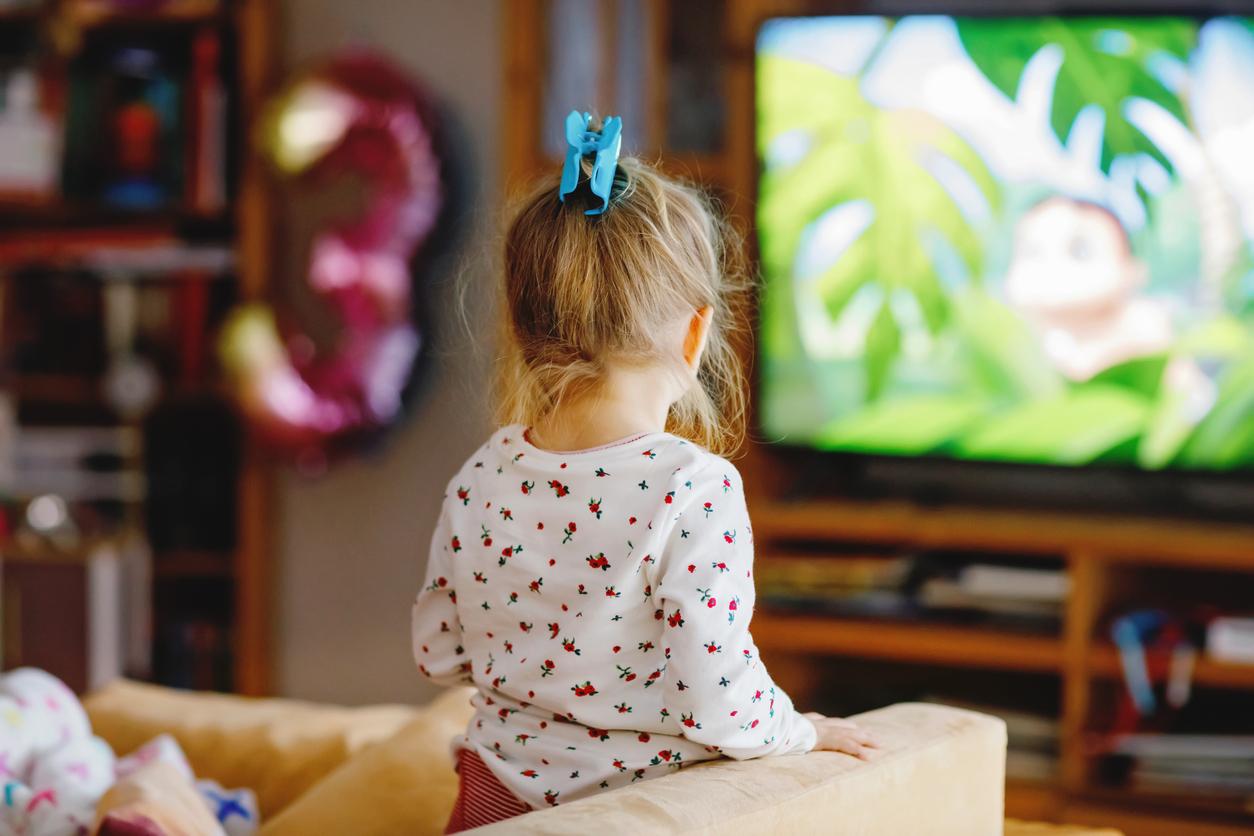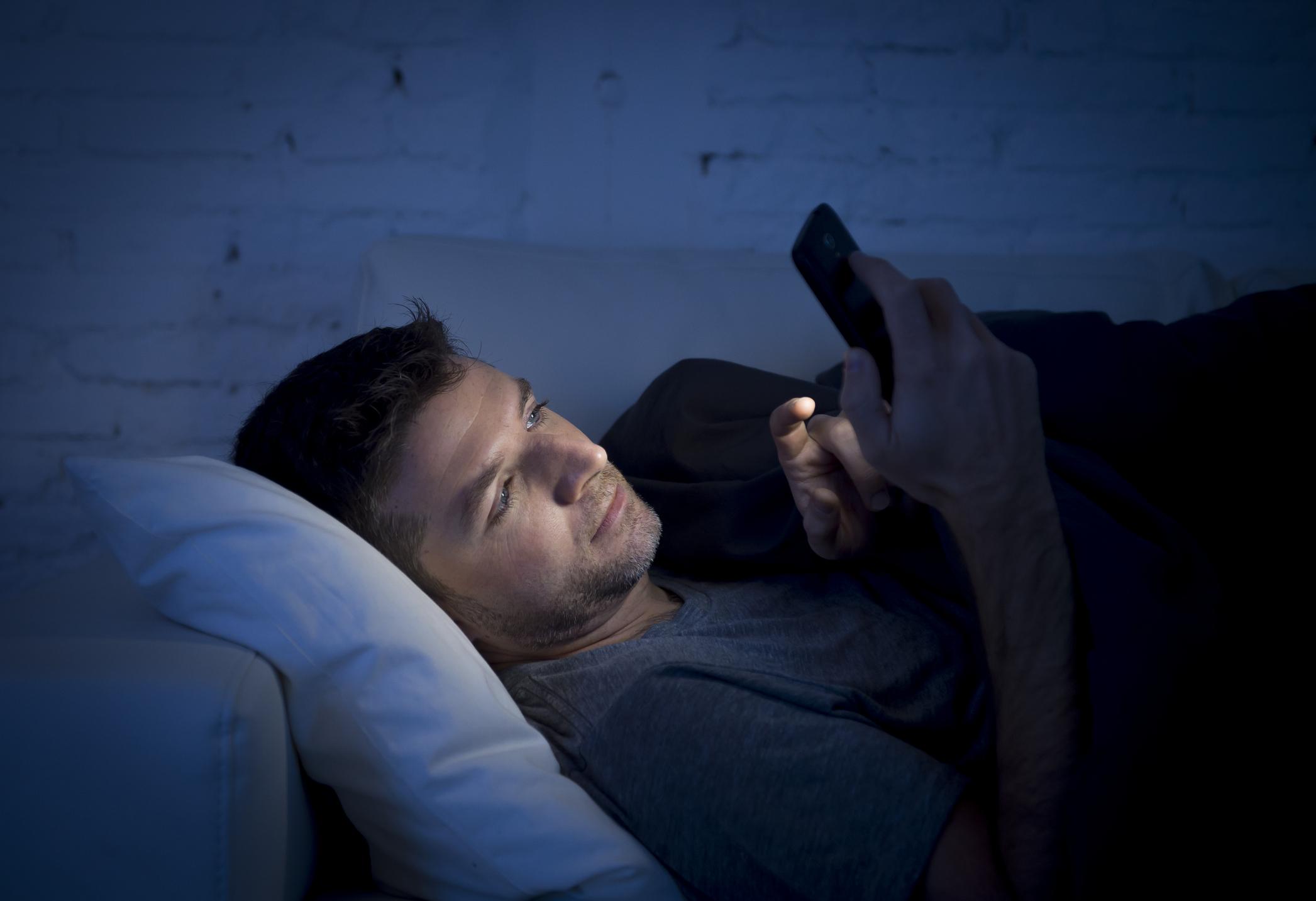In a recent press release, the National Academy of Medicine warned of the harmful effects of screens in the youngest and issued various recommendations to prevent them.
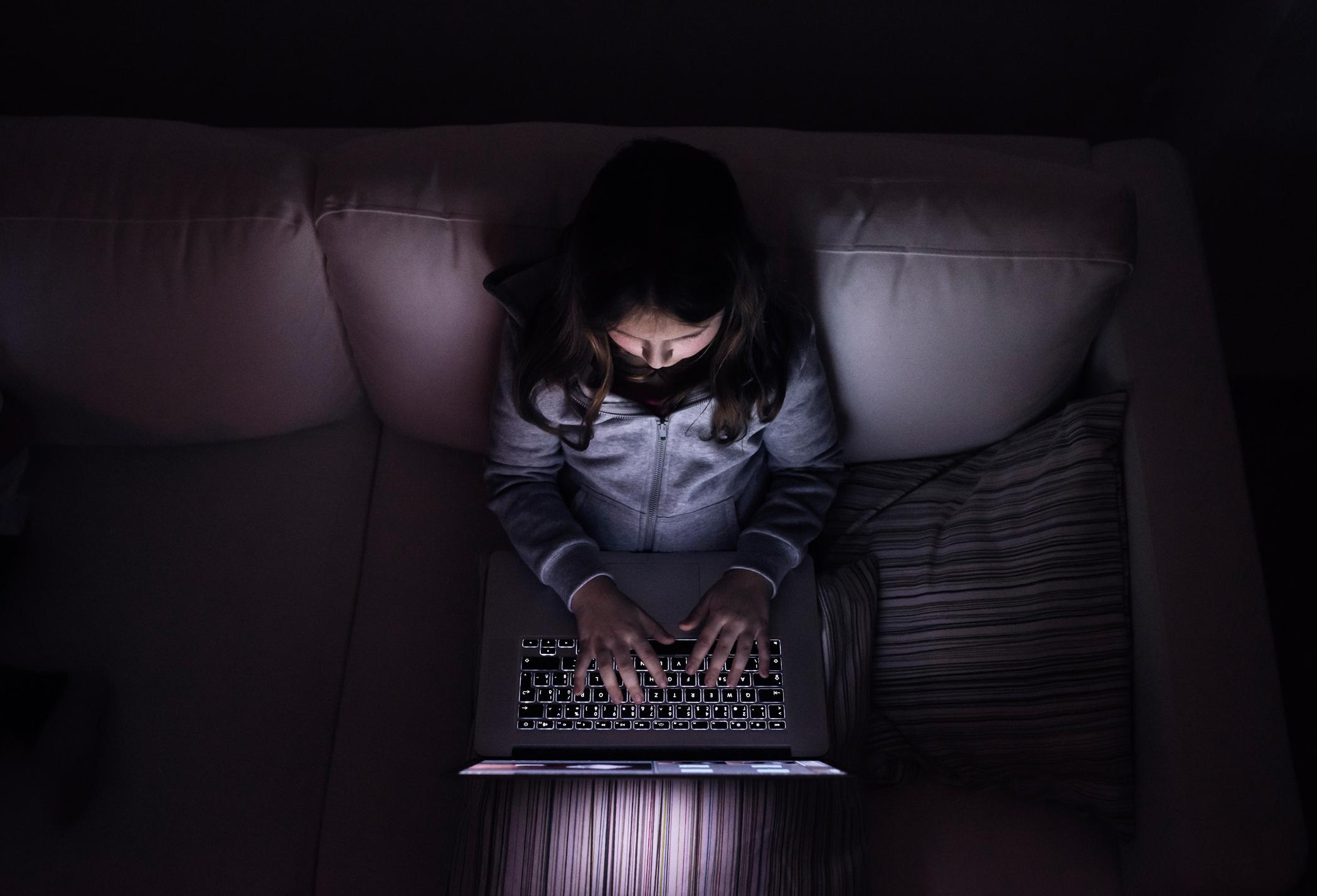
- Tablet, telephone, television… blue light is emitted by the various screens that punctuate our daily lives.
- Excessive use of screens can lead to various disorders, particularly in the eyes and the brain.
We know: excessive use of screens is dangerous, especially among children and adolescents. The blue light generated by the screens leads in particular to an acceleration of the aging of the retina. According to studies, excessive exposure to blue light could cause photochemical damage to the retina and lens.
The Dangers of Blue Light in Children and Teens
It is also recommended to limit the presence of screens in toddlers. From 0 to 3 years old, it is better to favor interactions with the child so that he develops his five senses rather than letting him watch television or a tablet for several hours in a row.
In a study published by Public Health France in 2020, scientists also advised against leaving a child in front of a screen before school. In question ? “Our study showed that children who were exposed to screens in the morning before school, and who rarely or never discussed the content of these screens with their parents, were approximately six times more at risk of developing primary language disorders than children who had neither of these two characteristics”the researchers noted.
How to protect children from the harmful effects of blue light?
Screens have harmful effects on the brain, especially in adolescents. In a statement published on February 8, the National Academy of Medicine indicated that regular and excessive exposure to blue light during the night can promote the appearance of sleep-wake rhythm disorders associated with a desynchronization of the internal clock .
In its document, the organization unveiled several recommendations for families or schools to limit the use of screens among the youngest. In particular, she recommended :
- to restrict or prohibit the use of screens at night;
- establish regular bedtimes and wake-up times for children and adolescents in order to prevent the risk of desynchronization of the internal clock;
- to introduce, in the school curriculum, an awareness of pupils on the risks associated with screens and on the importance of sleep;
- recommend the use of protective glasses against blue light during prolonged exposure to screens;
- to alert parents to the risks associated with the misuse of screens.












